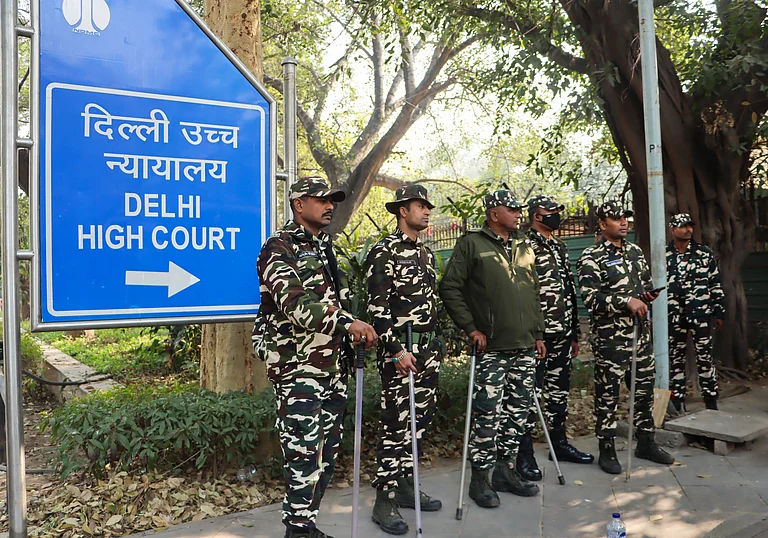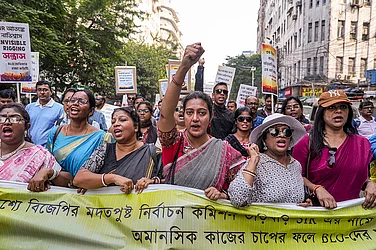Delhi Chief Minister Arvind Kejriwal, accused in the alleged liquor policy scam, missed his fifth summons from the Enforcement Directorate. The agency has now taken the matter to the Rouse Avenue court in New Delhi, where the case will be heard on Wednesday. Kejriwal, who has consistently declared the summonses as illegal, remains adamant that the only purpose behind them is his arrest. Speculation about his arrest has been circulating since the first summons in November.
Two other leaders from the Aam Aadmi Party (AAP), Manish Sisodia and Sanjay Singh, faced custody in connection with the same case last year. The Enforcement Directorate's complaint filed in the Rouse Avenue court invokes Section 63(4) of the Prevention of Money Laundering Act (PMLA) and Section 174 of the Indian Penal Code, addressing intentional disobedience of summonses and non-attendance, respectively.
In a related incident, a Delhi Police team visited Kejriwal's residence, seeking his cooperation in an investigation regarding his claim of the BJP attempting to poach AAP MLAs.
The BJP criticised Kejriwal, labeling him the "crownless king of corruption" and accusing him of evading legal processes. The BJP spokesperson, Shehzad Poonawalla, emphasised Kejriwal's alleged reluctance to face law enforcement and accused him of lacking faith in the Constitution.
Poonawalla further criticized Kejriwal for not providing evidence to support his corruption allegations against the BJP. He questioned the authenticity of the claims and highlighted the absence of an audio tape, which Kejriwal had promised but failed to submit. Poonawalla concluded by accusing Kejriwal of engaging in a politics of "hit and run" and diverting attention from the real issues.
Poonawalla extended his criticism to the opposition parties, describing them as having a common "ABCD character and tendencies," where 'A' stands for 'attack,' 'B' for 'bhaagna' (run away), 'C' for 'cover up,' and 'D' for 'divert' public attention.


























